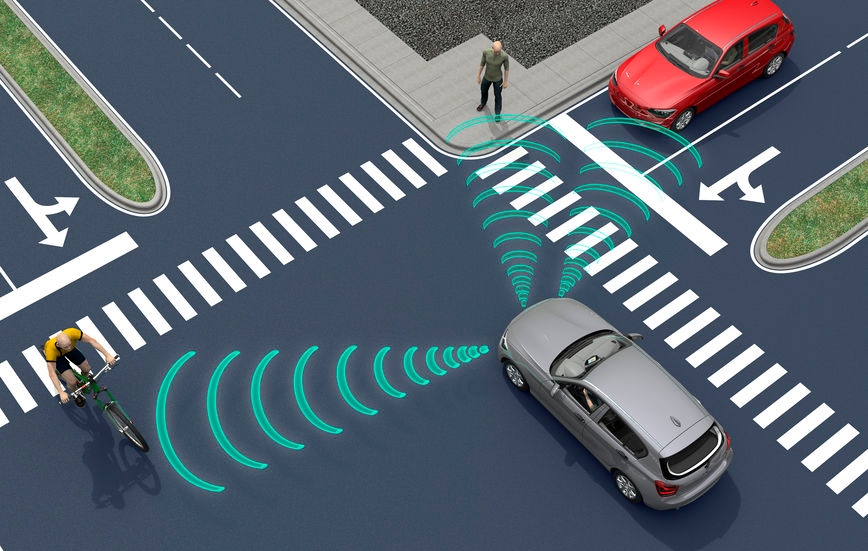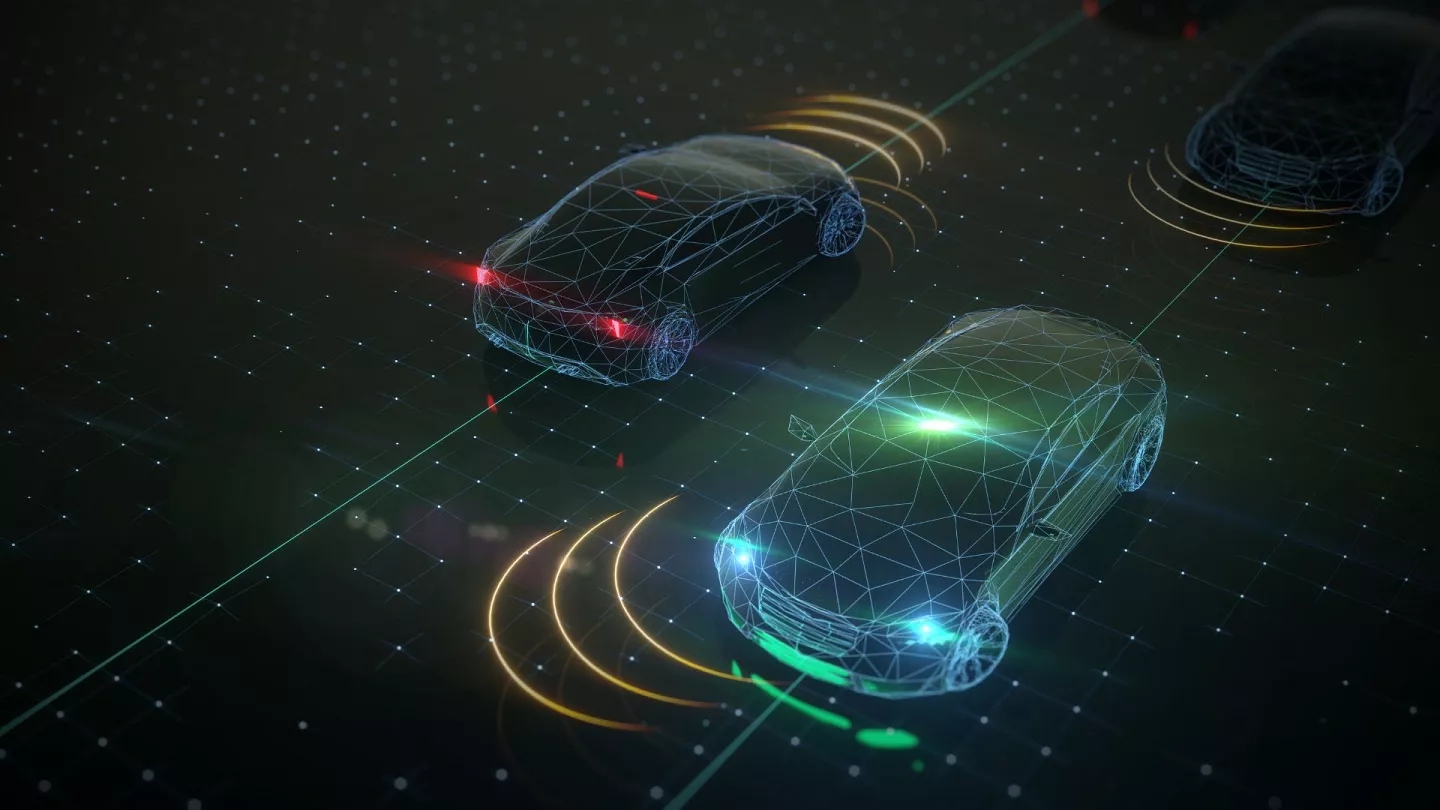Comments
- No comments found

The emergence of autonomous vehicles (AVs) has ignited a transformative shift in the automotive industry and raised crucial legal questions.
As society moves closer to widespread adoption of AV technology, legislators face the challenge of establishing comprehensive legal frameworks that address the unique complexities and implications of this innovative technology. This article aims to provide a roadmap for lawmakers as they navigate the legal landscape surrounding autonomous vehicles, focusing on key areas such as liability, data privacy, and regulatory considerations.

The advent of autonomous vehicles raises crucial questions regarding liability. Traditional concepts of driver responsibility and fault allocation are challenged as AVs operate with varying levels of autonomy. Legislators must grapple with defining liability frameworks that balance the roles and responsibilities of manufacturers, technology developers, and human operators. This necessitates a careful examination of product liability laws, insurance regulations, and the establishment of clear guidelines for determining liability in the event of accidents involving AVs.
As AVs generate and collect vast amounts of data, ensuring data privacy and security becomes paramount. Lawmakers must address concerns related to the collection, storage, and usage of personal data by AVs. Striking the right balance between data-driven advancements and safeguarding individuals' privacy rights will require robust legislation that regulates data protection, anonymization practices, and cybersecurity standards for AVs and associated infrastructure.
The deployment of AVs transcends geographic boundaries, making regulatory harmonization a pressing issue. Legislators must collaborate to establish consistent standards and regulations that facilitate interoperability and seamless operation of AVs across jurisdictions. This includes harmonizing traffic laws, licensing requirements, and safety certifications to ensure a cohesive regulatory framework that fosters public trust, encourages innovation, and promotes the safe integration of AVs into existing transportation systems.
The advent of AVs also poses ethical and moral dilemmas. Programming AVs to make split-second decisions in potentially life-threatening situations raises questions of how to prioritize human life, adhere to societal values, and assign responsibility for programming choices. Legislators must engage in thoughtful discussions to develop guidelines or ethical frameworks that guide AV decision-making in scenarios where human lives may be at risk, ensuring transparency, fairness, and accountability.
As AVs become a reality, law enforcement agencies and emergency services will need to adapt. Legislators should consider frameworks that equip law enforcement with the necessary tools and authority to regulate, enforce, and ensure public safety on the roads. Additionally, regulations should outline protocols for emergency service interactions with AVs to facilitate efficient response times and safeguard human life in critical situations.

Legislators have a pivotal role in shaping the future of AVs by establishing legal frameworks that balance innovation, public safety, privacy rights, and ethical considerations. By addressing liability, data privacy, regulatory harmonization, ethical dilemmas, and empowering law enforcement, lawmakers can pave the way for the responsible and successful integration of autonomous vehicles, ensuring a safer, more efficient, and inclusive transportation ecosystem.
Bhumesh is the Managing Partner of Corp Comm Legal, an Indian law firm. He is ranked among the Top 100 Indian corporate lawyers. He is advising domestic and foreign companies on M&A, joint ventures, corporate - commercial issues. Besides, he has written a book on Drafting of Commercial Agreements, has a couple of books in pipeline and trains students and professionals on Drafting Skills and corporate laws. He writes regularly on legal, business & other issues and is a guest faculty lecturer with educational institutes. Bhumesh holds a Bachelor of Laws (LLB) from the University of Delhi and a further qualification in International Law and Legal Studies from College of Law, York.
Leave your comments
Post comment as a guest